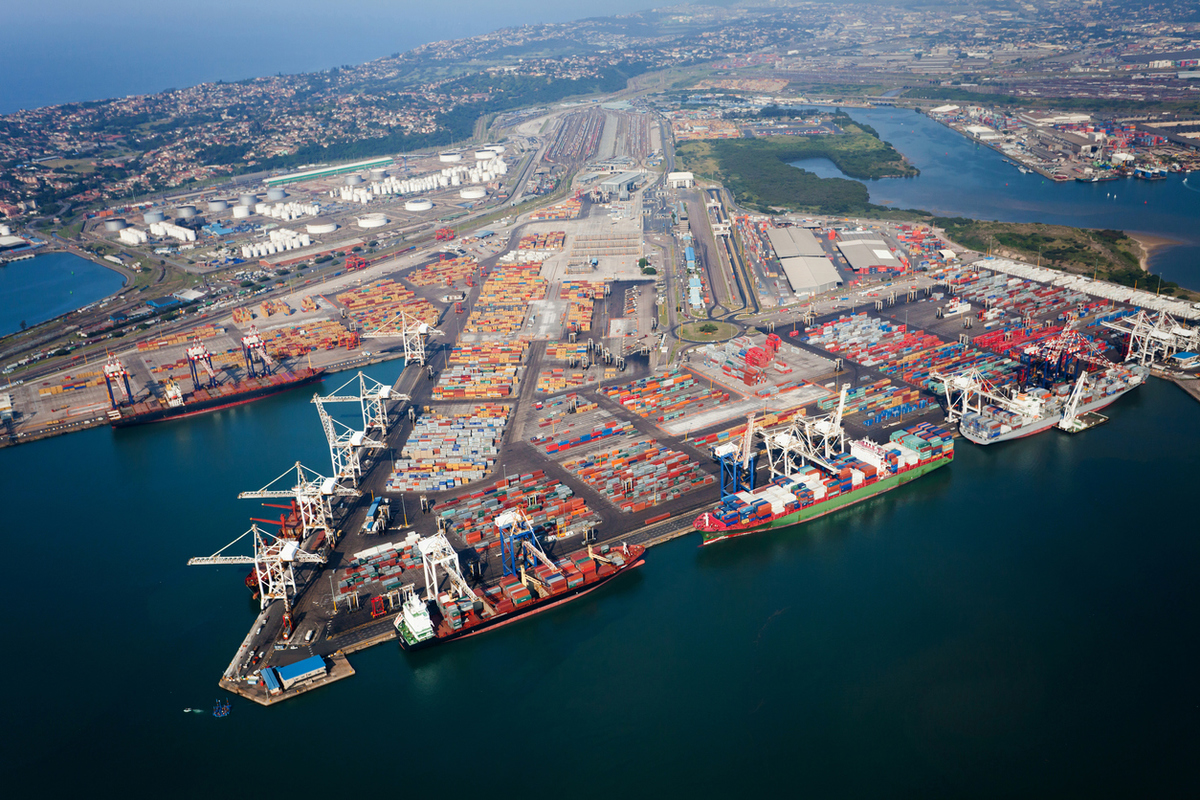Port operations and exports may take big hit as South African workers strike escalates
Strike action that could span across South African ports has raised serious concerns over cargo operations and exports from the country. But no impact has so far been seen on bunker operations, sources say.
 PHOTO: Above view of Durban Harbour, South Africa. Getty Images
PHOTO: Above view of Durban Harbour, South Africa. Getty Images
Workers at South Africa’s logistic company Transnet, represented by the United National Transport Union (UNTU), have been on strike since 6 October over pay disputes.
Another labour union, the South African Transport and Allied Workers Union (SATAWU), joined the strike yesterday.
The two unions, which together represent most Transnet workers, have said that their members would continue the strike for an indefinite period. Last week, workers turned down the company’s offer of a 3-4% pay hike, saying it was far below the South Africa’s annual inflation rate.
South Africa-based mining firm Kumba Iron Ore has said that prolonged strike action could affect its production and exports.
In a statement released yesterday, the company said, “impact on production is approximately 50,000 tonnes per day for the first seven days and thereafter approximately 90,000 tonnes per day.” Kumba’s exports are also seen hit by around 120,000 mt/day.
Container shipping giant A.P. Møller – Mærsk is also bracing for the escalation of strike action after Transnet declared force majeure at its ports on Thursday.
“Should the duration of the strike continue beyond a certain period we may plan to divert to an alternative port outside of South Africa where imports will be discharged and planned for loading back to South Africa on another vessel at a later date,” Maersk said in a statement.
Meanwhile, Transnet and workers unions have agreed to a set of picketing rules and sites for the strike. The company is managing some of its port operations with limited staff, a source says.
In the Western Cape, where Cape Town is located, the local government has expressed concerns over a prolonged strike action, which could adversely hit its economy.
“Every effort must be made to ensure that Transnet’s business continuity plans are fully implemented to ensure that our ports and container terminals, as key arteries of our economy, continue to function,” Western Cape minister of finance and economic opportunities Mireille Wenger said.
Currently, a government-approved conciliation body is conducting negotiations between Transnet and workers unions to resolve pay disputes.
By Shilpa Sharma
Please get in touch with comments or additional info to news@engine.online





